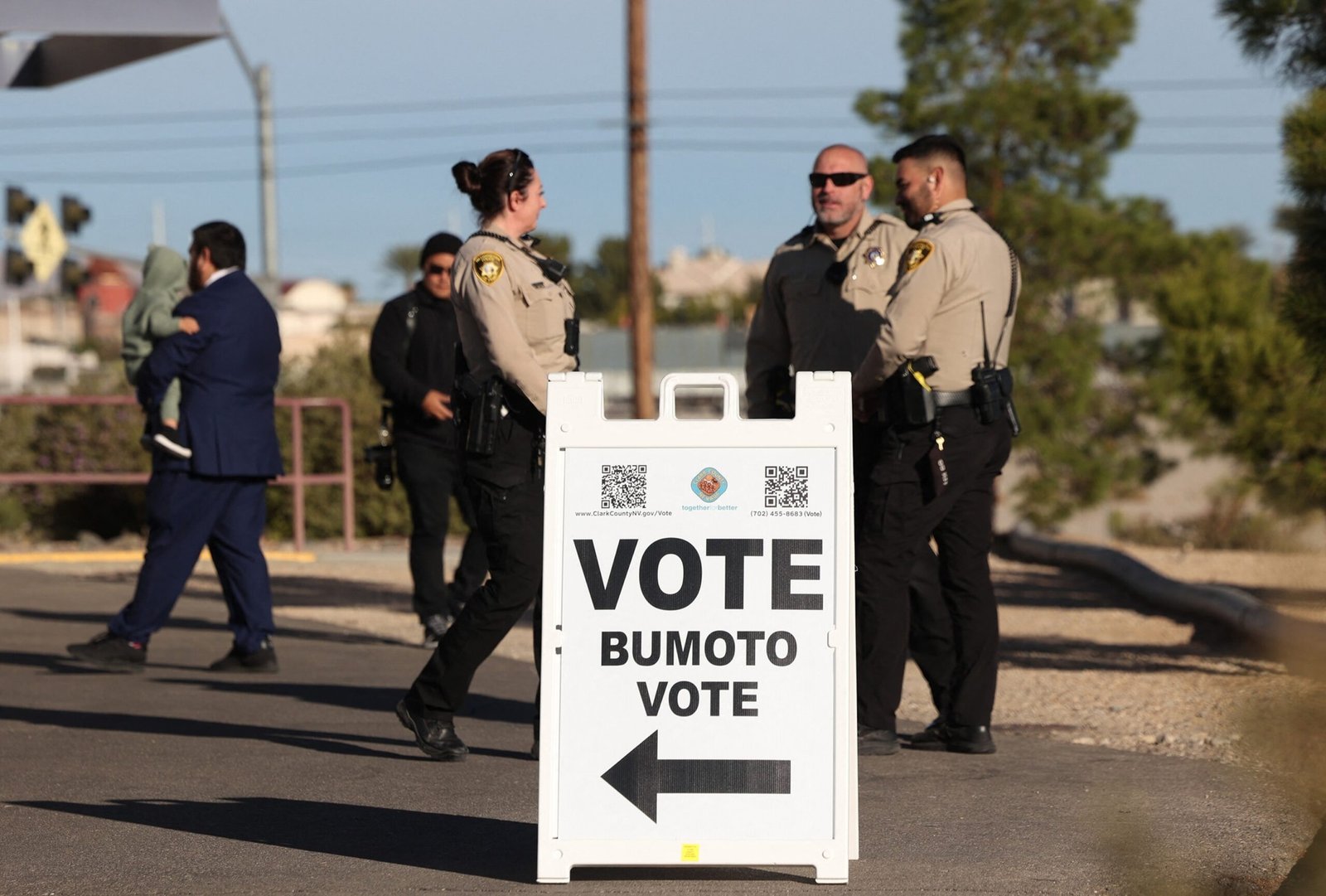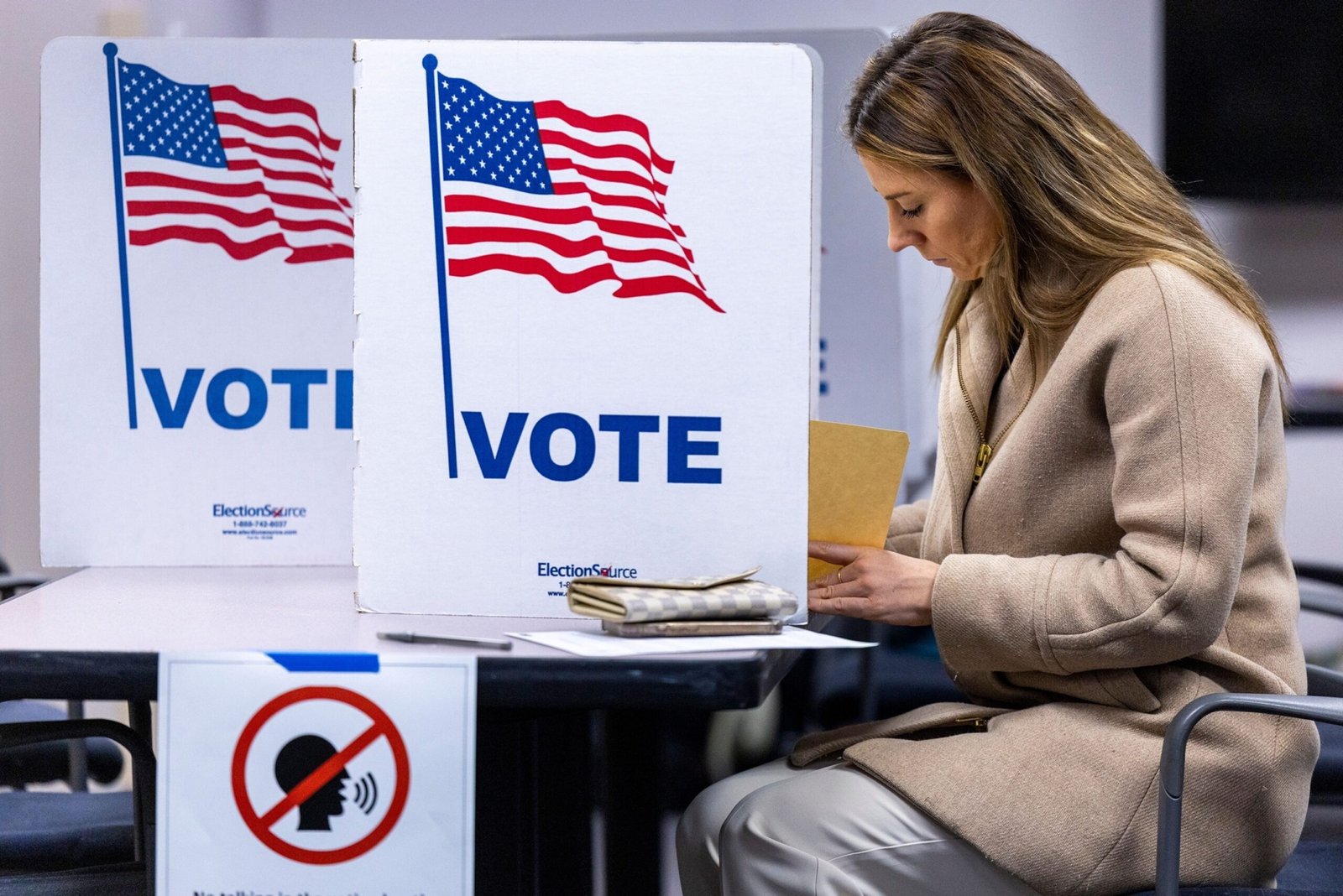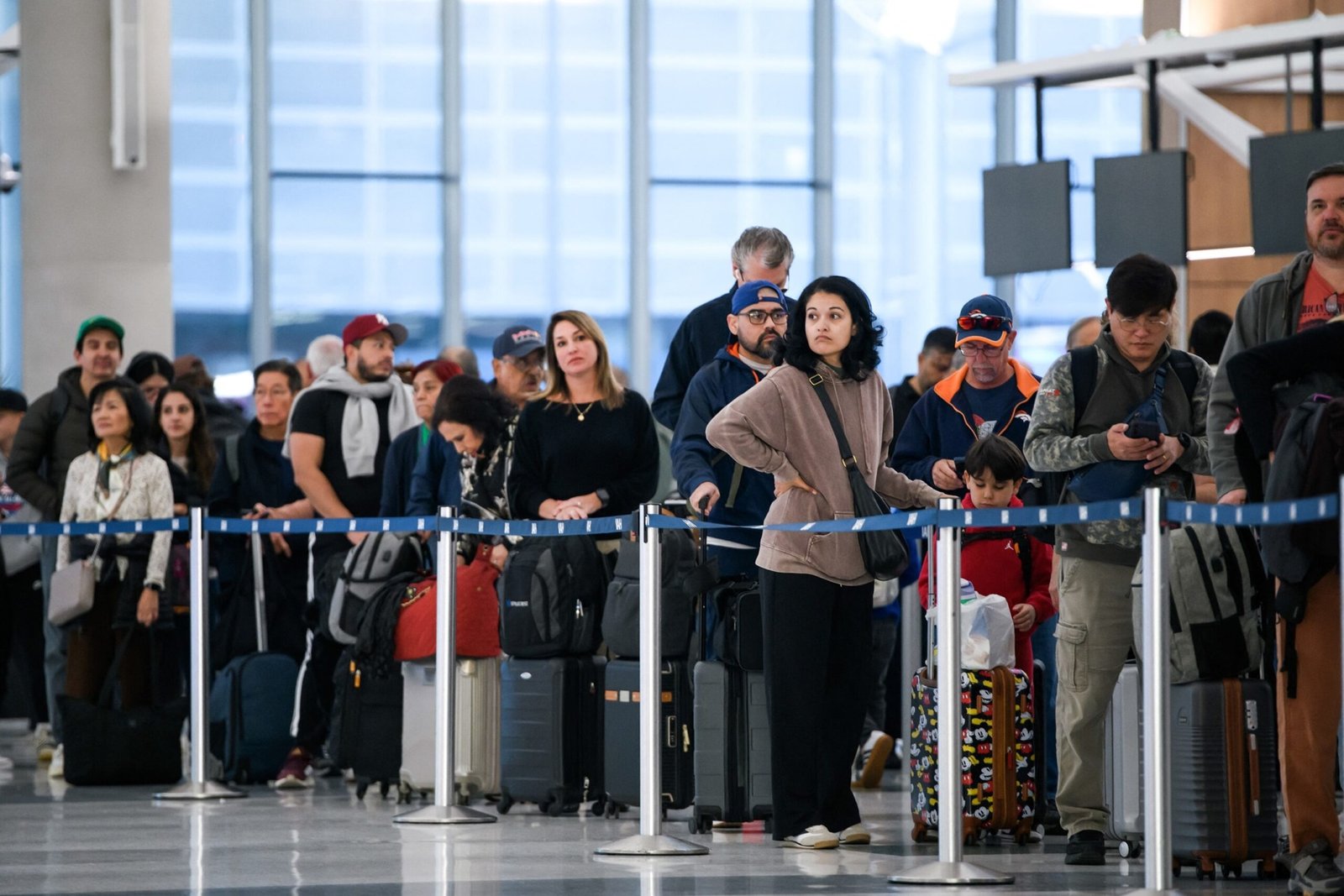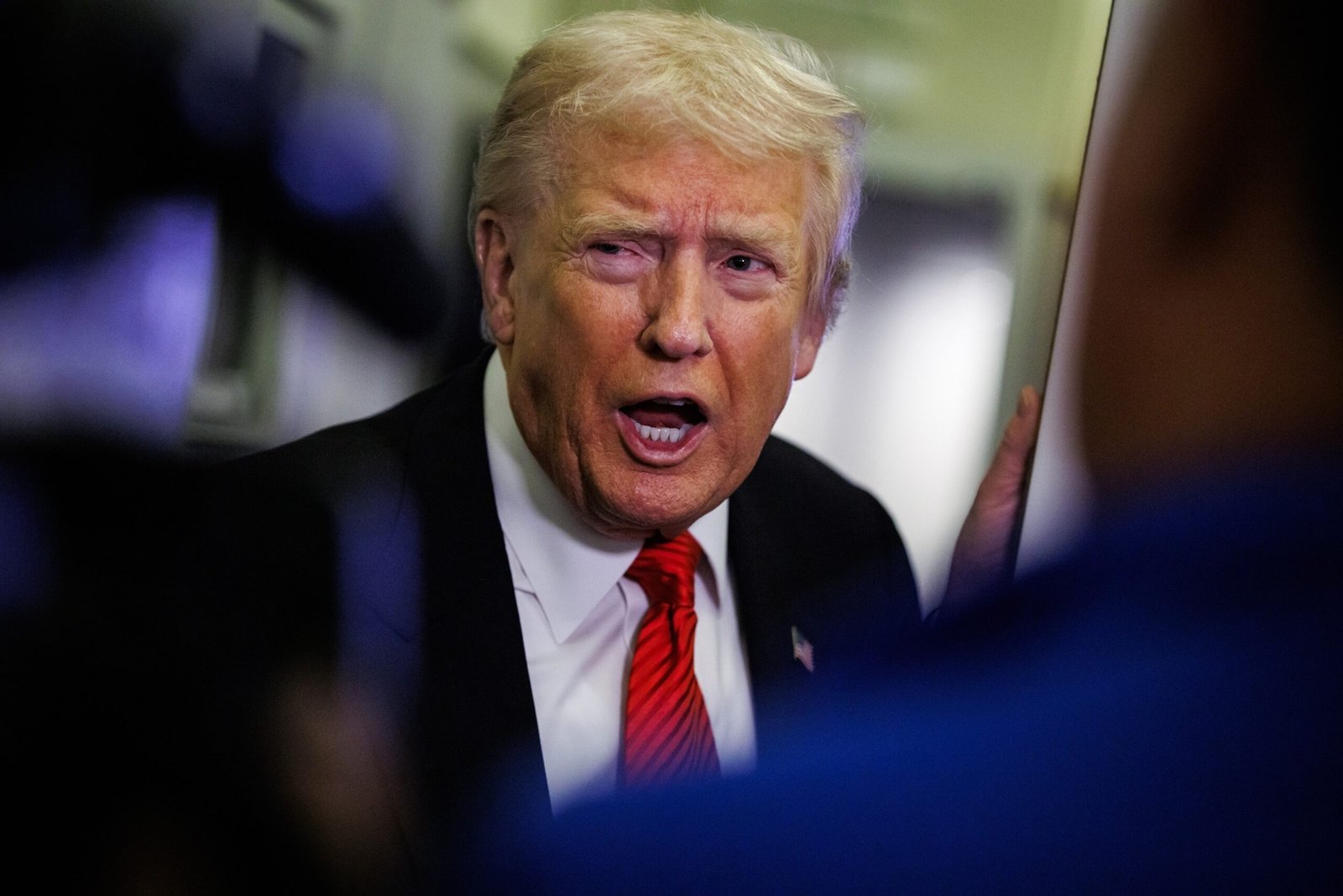Voters will go to the polls this fall amid the “highest levels of political violence in the United States since the 1970s” and “rising internal tensions,” according to a new threat assessment, which warns that those protecting the political process should be on high alert.
Despite it being the so-called “off year” for elections, officials should be on guard, according to the bulletin from the Center for Internet Security (CIS), a nonprofit organization focused on cybersecurity that collaborates with government and law enforcement.
Especially when “high-profile” races or controversial issues are at stake, election infrastructure becomes an even more attractive target, according to the bulletin.
“Threat-related physical and disruptive activity will increase if specific races or ballot measures gain widespread and controversial public attention, or if foreign adversaries assess that the election outcome would provide a strategic advantage,” the bulletin on the voting process said.
“The highly volatile threat environment, coupled with a realignment of federal resources dedicated to cybersecurity and election security, requires election officials and state and local authorities to review security protocols and plans,” according to the bulletin.
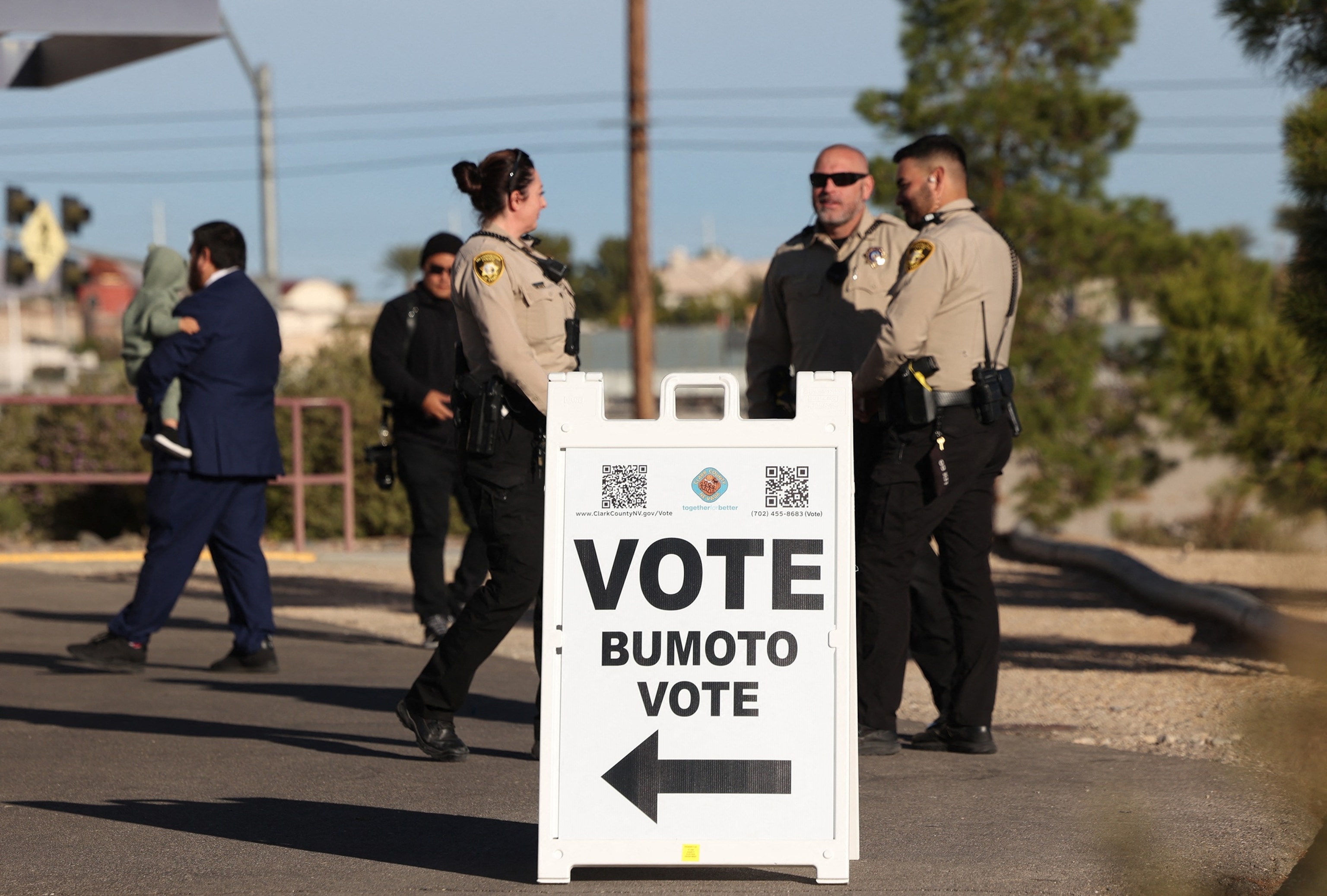
Police officers stand guard outside a polling station in Las Vegas on Election Day, Nov. 5, 2024.
Ronda Churchill/AFP via Getty Images
It is a unique tinderbox moment, the bulletin said, with partisan tensions boiling and political violence breaking out at home and abroad. Meanwhile, rapidly evolving technologies continue to offer new tools to potential enemies.
“Typically, in off-year elections, we don’t see significant levels of activity related to physical and cyber threats targeting election officials and election infrastructure. This year is not typical,” said John Cohen, former Department of Homeland Security intelligence chief and now a contributor to ABC News.
“In recent years, there have been sustained levels of cyberattacks and acts of violence directed against state and local governments. We have witnessed acts of political violence,” said Cohen, who is also executive director of the CIS program to counter hybrid threats.
“Elections and law enforcement must be prepared for domestic and foreign threat actors who see the 2025 elections as an opportunity to sow discord, undermine trust in government institutions, and incite violence,” Cohen added.
While election officials in states holding high-profile elections on Tuesday are concerned about continued threats against poll workers, they are not currently tracking any specific election-related threats, according to a recent ABC News survey in all 50 states and follow-up conversations with officials in New York, New Jersey, Virginia and California.
But the risk is not an imaginary boogeyman: very real threats have emerged. Officials should take steps to assess potential problems in advance, according to the assessment, which includes detailed recommendations.
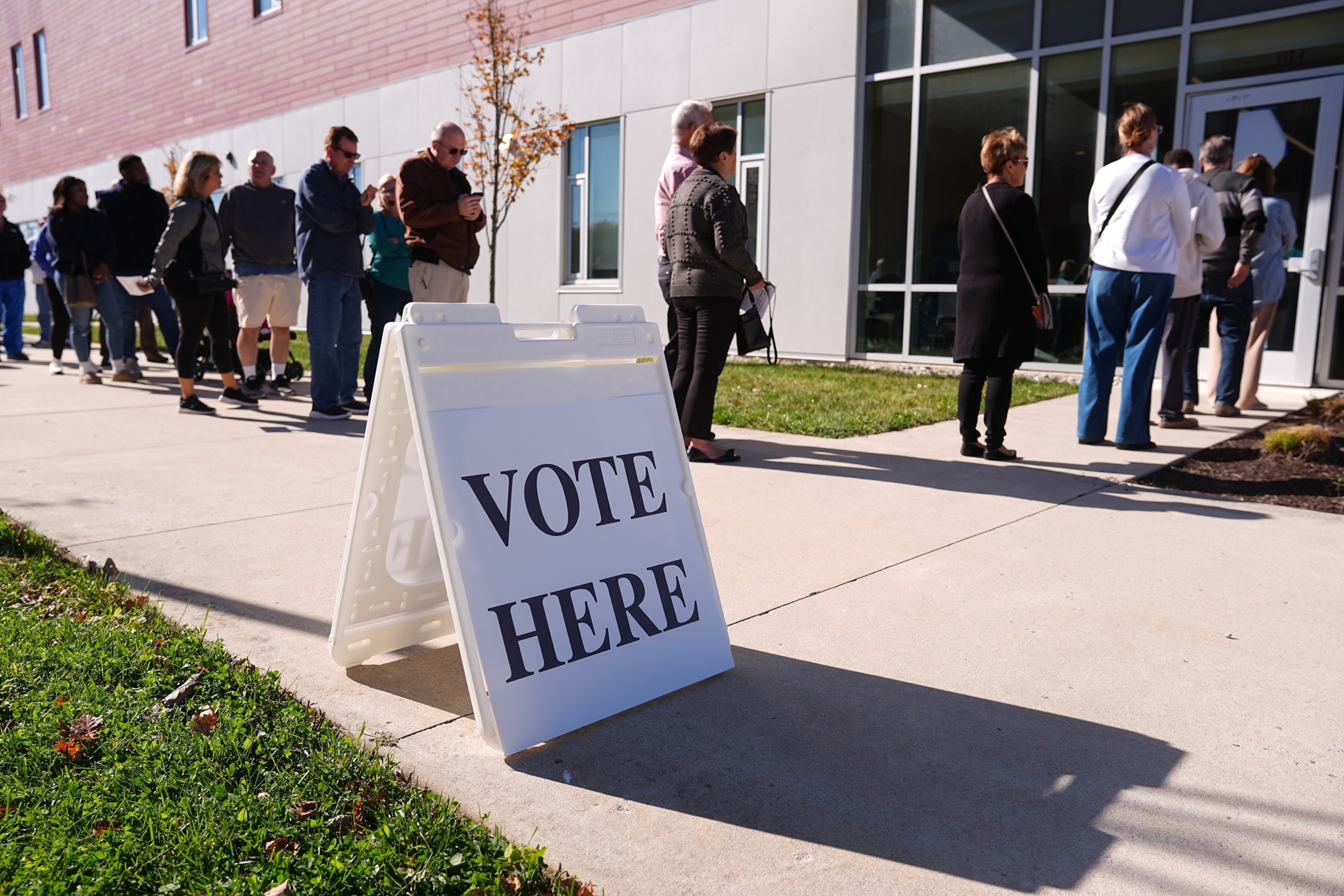
Voters line up to cast their ballots at a polling place at Rowan College in Mt. Laurel, New Jersey, on October 27, 2025.
Matt Rourke/AP, FILE
In Minnesota in September, a mayoral campaign office was vandalized with a “threatening message reading: ‘Somali Muslim: This warning is not a joke.'” That same candidate had “faced previous threats,” including being on the alleged “target list” written by Vance Boelter, the suspect accused of fatally shooting two Democratic state legislators and their spouses in Minnesota in June.
In Colorado that same month, a “Molotov cocktail-like device” was “thrown into the county office,” damaging Dominion voting systems at two election offices, according to the bulletin. A former sheriff candidate was charged in the targeted bombing.
The November election comes at the end of an already turbulent year, in which a surge in political violence included the murder of Charlie Kirk and the firebombing of the Pennsylvania governor’s residence. The year before, then-presidential candidate Donald Trump faced two attempts on his life. Election Day 2024 also saw several bomb threats that briefly closed voting centers in key districts, including Atlanta and Milwaukee, which the FBI said appeared to originate from Russian email domains.
The threats are not just physical, the bulletin points out. A key part of any campaign is reaching voters, these days, often via email and text messages. But those requests for participation and donations also create opportunities for scammers to join the grassroots effort with phishing and spoofing attempts.
“Threat actors are conducting phishing campaigns to target or exploit increased attention around the elections, including incidents reported to the CEI throughout 2024,” the bulletin said, adding that it continues this year. “Malspam” (generic spam containing malware) is used “often including impersonations of known people or organizations, along with requests to open malicious documents.”
Last month in Texas, a “fake voter registration scam” targeted voters via text messages “to collect personal information,” the bulletin said.
Information operations aimed at manipulating voters and undermining trust “could increase” as well when the November elections begin, according to the bulletin. Fake news sites from foreign adversaries like Russia are already publishing what they call “breaking news” about mail-in votes, poll changes and election results, according to the bulletin.
Lucien Bruggeman of ABC News contributed to this report.


